On-Page Optimization Vs Off-Page Optimization
One of the most discussed topics in SEO (Search Engine Optimization) world today is the difference between On-Page and Off-Page Optimizations which always remains a talking point. Although the debate between On-Page SEO vs Off-Page SEO is as old as Google, it is still an important area of constant deliberation to express views.
In order to improve the ranking of websites and to maintain that ranking for a longer time period, you need to maintain a dual strategy of On-Page and Off-Page strategies. You won’t be able to rank your website if any of the two is absent and therefore certain elements miss out. SEO strategies refer always to the methods being employed to boost a website’s search engine ranking for the popular and relevant keywords to phrases et al for maximum exposure sought.
Distinct Forms of SEO: On-Page and Off-Page
Before moving ahead to know more about On-Page and Off-Page Optimization strategies, you should rather understand SEO first.
Search Engine Optimization?

Search engine optimization (SEO) is a set of procedures being performed to improve the rankings of websites, blogs and/or portals through the search engines in the organic search results.
In addition, SEO is considered one of the greatest ways to increase the quality of websites by turning them into SEO compliant, user- friendly, faster and easier ones for navigation purposes.
What is On-Page SEO?
On-Page SEO refers to the practice of optimizing individual web pages in order to rank those pages higher and to attract more relevant traffics in the search engines. On-Page covers both content and HTML source codes of a carrier that can be optimized.
Below are the Areas of On-Page SEO
- Site speed
- Title tag
- URL structure
- Content of page
- Image alt text
- Internal linking
- Image optimization
Your ultimate goal with an On-Page SEO should be to start speaking a ‘search engines language’ and to assist the Google crawlers to understand the meaning and context of the specific pages concerned.
What is Off-Page SEO?
Unlike On-Page SEO, Off-Page SEO strategies mean the activities which any website representative performs outside the boundaries of their websites to seek attention. Some most important activities under it are as follows:
- Link building
- Social media marketing
- Social bookmarking
- Guest Posting
Why do Websites Require On-Page and Off-Page SEO?

A successful Off-site and On-site SEO strategy would generate the following benefits to the website owners to avail, and thus rank high:
1. Ranking Improvement
Website owners need to improve their website rankings to earn potential customers. With the website ranking higher in the SERPs, they are bound to receive more traffic thus an increase in customers’ arrival to offer benefits. Once you get success in landing your customers on your website, you can easily convert them into paying customers.
2. Boost Traffic
Websites that perform well in search engines tend to get more traffic than those that do not have an organic ranking. So, try to improve your organic ranking. For this purpose, you need both on-page as well as off-page SEO activities.
3. Increase in PageRank
Page ranks indicate the importance of websites in the eyes of Google. Introduced by Google founders Larry Page and Sergey Brin, page ranks help in showing the most relevant results to searchers. There are many such factors that Google considers to rank the websites.
4. More Exposure
When your website starts ranking on the search engines, you obtain maximum exposure. With time, Of-Page and On-Page SEO strategies change, and so do you need to update websites regularly to get the most out of them.
5. Improve Credibility
If your website is performing organic searches, your prospects will consider you as a reputed company. Improved credibility will help you increase your sales.
Conclusion
It is an undeniable fact that Off-Page SEO is as important as On-Site SEO thus both must be given equal value. In order to rank your website quickly and easily, you must balance and do the best efforts possible for both. Don’t create various low-quality links. Instead, you must try to create a few high-quality links which are actually helpful to offer you the results.
While creating SEO strategies for websites, you shouldn’t ignore the option to get the help of professional teams. It is indeed a good idea to ascertain whether you avail of professional services. They help you tailor successful SEO strategies to determine the steps to improve your website ranking.
SEO strategies have changed drastically over the period. Rather than convincing Google, you must work sincerely for the visitors to provide them with the desired information. Once you put all your efforts to make a great website, and promote that naturally then everything else would follow thereafter for the certain success you deserve.

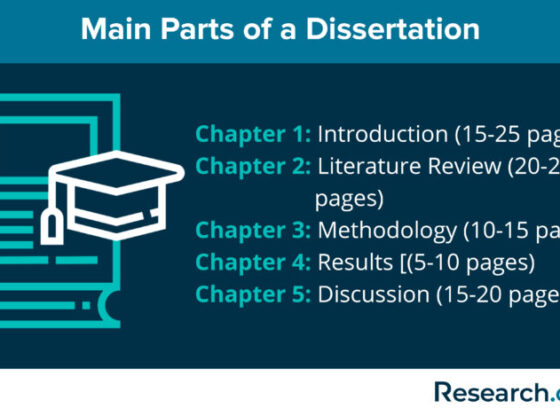
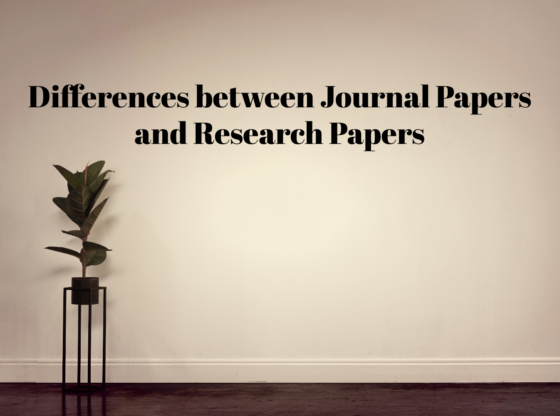

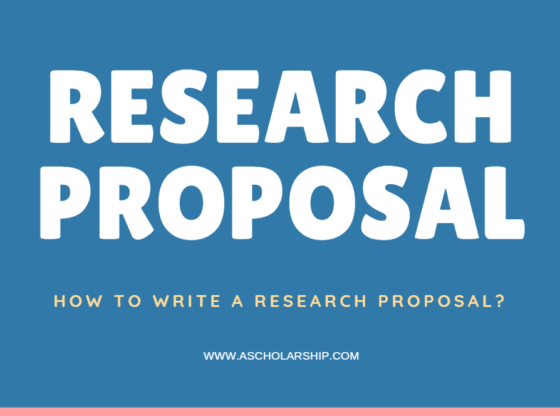



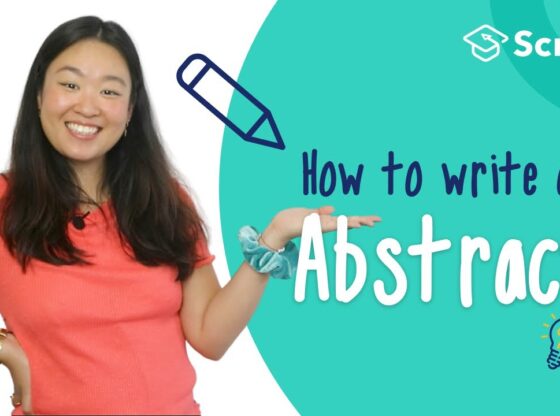
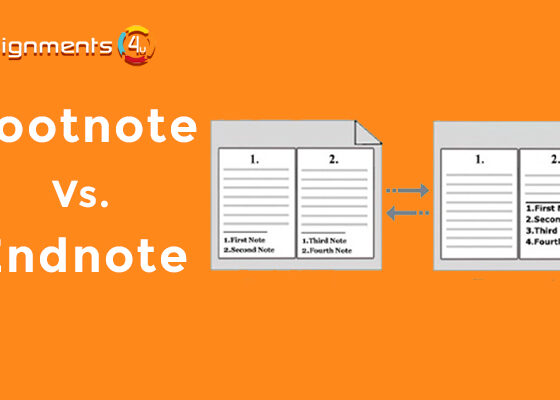



Yeah I am currently doing SEO. I find your article amazingly helpful for me. Thanks for sharing it.
Hi Zeeshan Saeed,
Thanks a lot for taking your time out and reading our posts. They are informative and well researched.
Amazing work, keep it up.
Dear Naiyer,
Thanks for reading and appreciating our work.
I am really happy to see your this post which is very good for readers.
Hi Naz,
Thanks a lot for reading the blog and appreciating it.
Thanks for the article. I think on-page optimization is vital for ranking of a website. What do you say?
Dear Christoph,
Whether it is on page optimization or off page optimization, being an SEO strategist you should be concerned for both. Both needed for increasing ranking of a website.
Normally I don’t read article on blogs, but I wish to say that this write-up very forced me to try and do it! Your writing style has been surprised me. Now it is clear the difference between on page optimisation and off page optimization. Thanks, quite nice post.
Dear Mr Buckham,
Thanks for your reading and appreciating our work. Yes, the post has been written to clear the difference between on page optimisation and off page optimisation
Loved reading – On-Page Optimization Vs Off-Page Optimization
Thanks a lot Leia.
I’m thankful for the article. Want more.